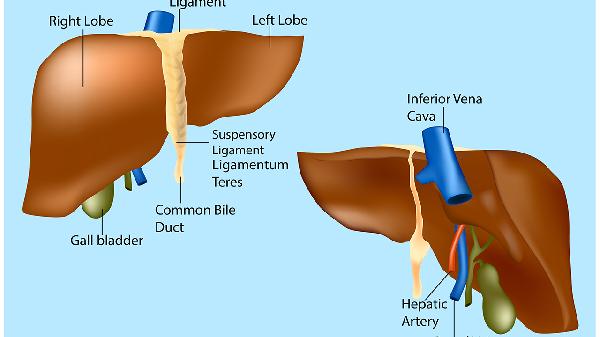A natural miscarriage refers to the spontaneous termination of pregnancy before the 28th week of gestation. For women, childbirth is a significant life event, and everyone hopes to have a healthy baby. However, due to various factors, many women are unable to achieve this wish smoothly. During pregnancy, miscarriages can occur, leading to the unfortunate necessity of terminating the pregnancy.

So, what are the common factors that can easily lead to miscarriage?
1. Genetic Factors: Genetic abnormalities are the most common cause of natural miscarriages, with chromosomal abnormalities accounting for 50% to 60% of early miscarriages. Chromosomal abnormalities can be divided into numerical and structural abnormalities. Numerical abnormalities include polyploidy, trisomy, and monosomy, while structural abnormalities include chromosomal breakage, deletion, and translocation. Most embryos with chromosomal abnormalities will result in miscarriage. Chromosomal abnormalities can be inherited from parents or influenced by environmental factors.
2. Environmental Factors: Environmental factors that can cause natural miscarriages include physical, chemical, and biological factors. Examples include radioactive substances, heavy metals, DDT, pesticides, and TORCH infections (referring to rubella virus, herpes virus, cytomegalovirus, and toxoplasma). Exposure to adverse environments before or during pregnancy can potentially lead to natural miscarriage.
3. Maternal Factors: Certain diseases in pregnant women, such as acute infectious diseases, can lead to fetal death or miscarriage. Luteal insufficiency, hypothyroidism or hyperthyroidism, and diabetes can all affect the development of the decidua, placenta, and fetus, leading to miscarriage.
4. Immunological Factors: After pregnancy, immunological incompatibility between the mother and fetus can lead to the mother rejecting the fetus, resulting in miscarriage. Clinically, commonly tested antibodies include blood group antibodies, anticardiolipin antibodies, anti-ovarian antibodies, anti-endometrial antibodies, and anti-sperm antibodies.
Lastly, it is important to avoid certain cold-natured foods during pregnancy, such as crab, soft-shelled turtle, and coix seed. Minimize the use of medications; if necessary, take related drugs under a doctor's guidance. Avoid exposure to chemical and physical irritants. Pay extra attention to personal safety to prevent slips and falls. If there are signs of abdominal pain or vaginal bleeding, seek immediate medical attention at a hospital.
























